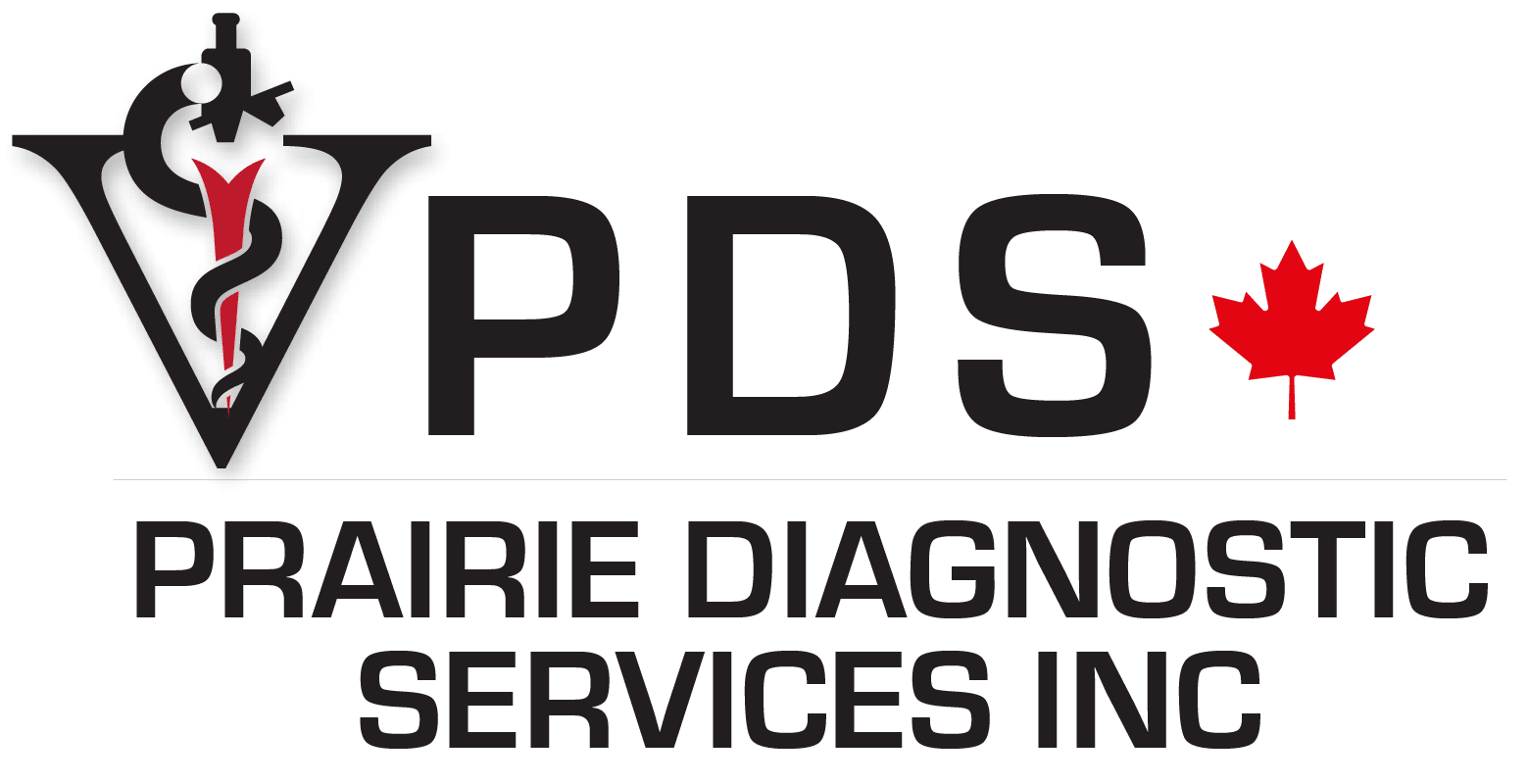Prairie Diagnostic Services provides a comprehensive range of toxicology testing to support the diagnosis of poisonings, nutritional imbalances, feed contamination, and exposure to environmental or pharmaceutical toxicants. This includes mineral and vitamin analysis, mycotoxin and ergot testing, antineoplastic residue testing, and a wide selection of toxicological reference materials.
For information on individual test details and pricing, please refer to the Test List.
Toxicology Reference Guide
- Antineoplastic drugs
- Heavy metals (lead, arsenic, cadmium, cobalt, etc.)
- Minerals (Cu, Zn, Se, Mg, Mn, Mo, etc.)
- Mycotoxins and ergot alkaloids
- Nitrate / Nitrite
- Vitamins A, D, E
- NIR Feed & Forage analysis
If an analyte is not listed, it may be available as a referred-out or new test. Contact PDS for assistance.
Poisoning & Environmental Health Resources
These materials support clinicians in recognizing and managing common toxic exposures:
- Blue Green Algae Poisoning in Western Canada
- Nitrate/Nitrite Poisoning in Livestock
- Nitrate Testing – Feed Sampling Guidelines
Anti-Neoplastic Testing
Click to expand
Drugs Tested
- Cyclophosphamide
- 5-Fluorouracil (5-FU)
Reporting Units
- Surface swabs: ng/cm²
- Waste swabs: ng/swab
Detection Limits
- 5-Fluorouracil (5-FU): 0.01 ng/cm² and 1 ng
- Cyclophosphamide: 0.002 ng/cm² and 0.2 ng
Turnaround Time
Testing is performed once per month. Please allow approximately one month for results. Samples are prepared immediately upon arrival to maintain integrity.
Kit Contents
Each 12-piece kit includes supplies, instructions, and the required submission form (link to Anti-Neoplastic Submission Form).
Ordering a Kit
Email pds_tox@usask.ca with:
- Full mailing address
- Contact name
- Phone number
Attach a purchase order (PO) if required.
For current pricing, contact dso@usask.ca.
Trace Mineral & Vitamin Reference Ranges
Click to expand
DS provides species-specific reference ranges for both serum/blood and liver trace minerals, as well as vitamin A and E levels.
- Mineral Panel #1 Reference Ranges for Livestock
- Fetal/Newborn Calf Trace Mineral Reference Ranges
- Bovine Vitamin A and E Normal Ranges
The above materials include:
- PDS Trace Mineral Reference Ranges
- Fetal/Newborn Calf Trace Mineral Reference Ranges
- Adult Horse Trace Mineral Reference Ranges
- Adult Goat Trace Mineral Reference Ranges
- Adult Sheep Trace Mineral Reference Ranges
- Adult Bovine Trace Mineral Reference Ranges
- Adult Bison Trace Mineral Reference Ranges
- Bovine Vitamin A and E Normal Ranges
These resources outline expected concentrations, interpretation guidelines, and factors influencing results—such as hemolysis, gestational stage, and sample handling.
Important Considerations for Vitamin Testing
Explore Bovine Vitamin A and E Normal Ranges.
- Age of the animal is required for accurate interpretation.
- Vitamin A and E do not cross the placenta efficiently; fetal or stillborn vitamin status does not reflect maternal nutrition.
- Samples must be protected from light to prevent degradation.
- If herd vitamin status is a concern, submit serum from one or more dams.
Feed Toxicology
PDS offers comprehensive toxicology testing for feedstuffs, including detection of mycotoxins, ergot alkaloids, nitrates, and nitrites — common contributors to livestock illness and production loss.
All submissions must include the Mycotoxin Ergot Nitrate Toxin Submission Form found here.
Related Resources
- Sampling for Ergot and Mycotoxin Analysis
- Mycotoxin Contamination in Western Canada
- Mycotoxin Calculator
Mycotoxin and Ergot Analysis
Click to expand
Mycotoxin Contamination in Western Canada
Mycotoxins are secondary fungal metabolites produced by a variety of molds. Worldwide, many different types of mycotoxins are produced. Specific mycotoxins produced vary from region to region. This variability is related to temperature, moisture, type of crop and agricultural practices such as crop rotation, fungicide application, roadside plant control, and no till management.
Most mycotoxins are extremely potent and produce clinical disease at very low concentrations. Analytical detection is a challenge. Rapid metabolism and elimination from tissues further compromise analytical options. Mycotoxins are a feed-related problem and are not typically associated with water or air contamination in livestock.
Learn more about Mycotoxin Contamination in Western Canada.
Sampling Guidelines for Mycotoxin and Ergot Analysis
Learn more about sampling guidelines for Mycotoxin and Ergot Analysis here.
Contamination is often unevenly distributed in feed, making proper sampling essential for reliable results.
- Collect multiple small samples (minimum of 5) from across the lot (bin, truck, railcar, sack).
- Use a probe long enough to reach the bottom of the container.
- Each portion should be ~200 g; sample once for every 200 kg of feed.
- If the combined sample is too large, blend thoroughly and subsample approximately 1 kg.
- For moving feed (e.g., conveyor belts), collect across the entire cross-section of the stream.
Packaging & Labeling
- Package samples in heavy-duty freezer bags.
- Clearly label with sample ID and owner name.
- Do not place submission forms inside sample bags.
- Include the Mycotoxin Ergot Nitrate Toxin Submission Form in a separate bag.
Shipping
Ship samples to:
Prairie Diagnostic Services
52 Campus Drive
Saskatoon, Saskatchewan
S7N 5B4
